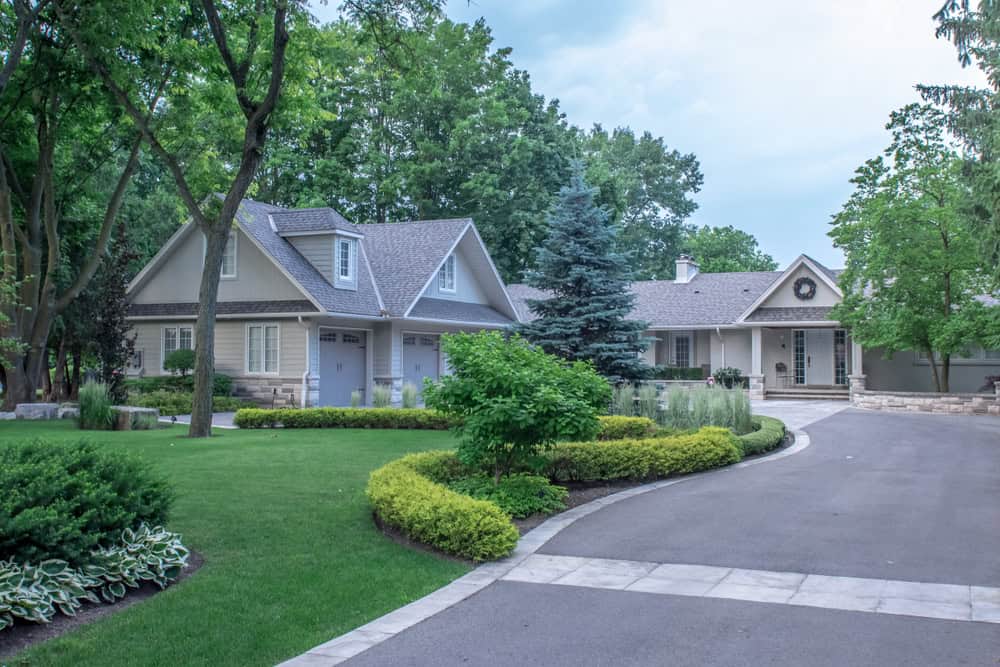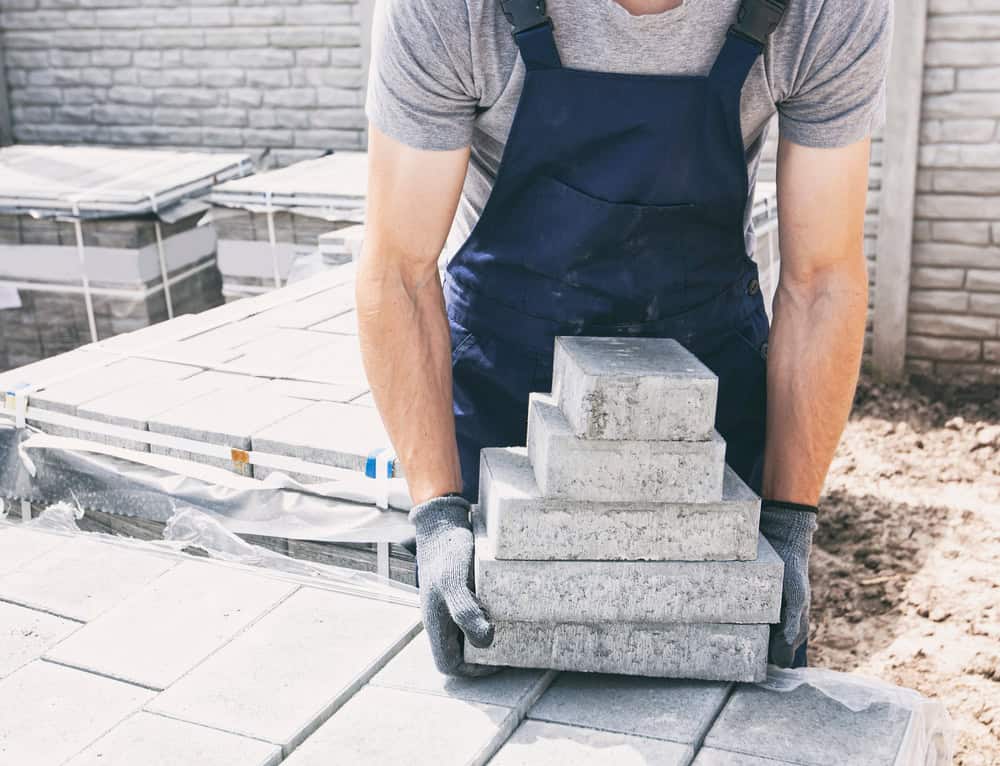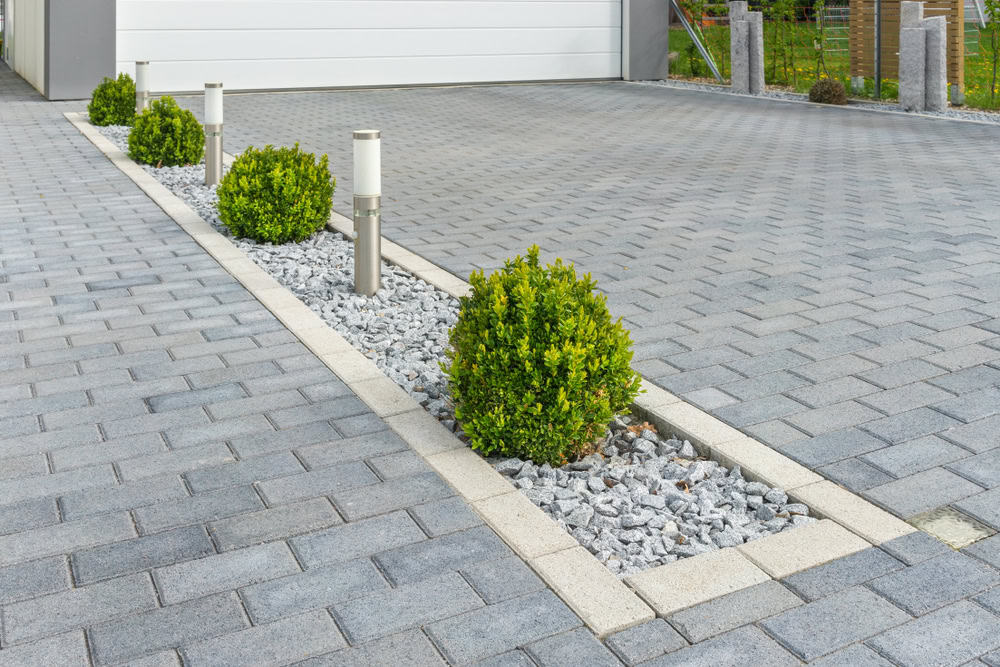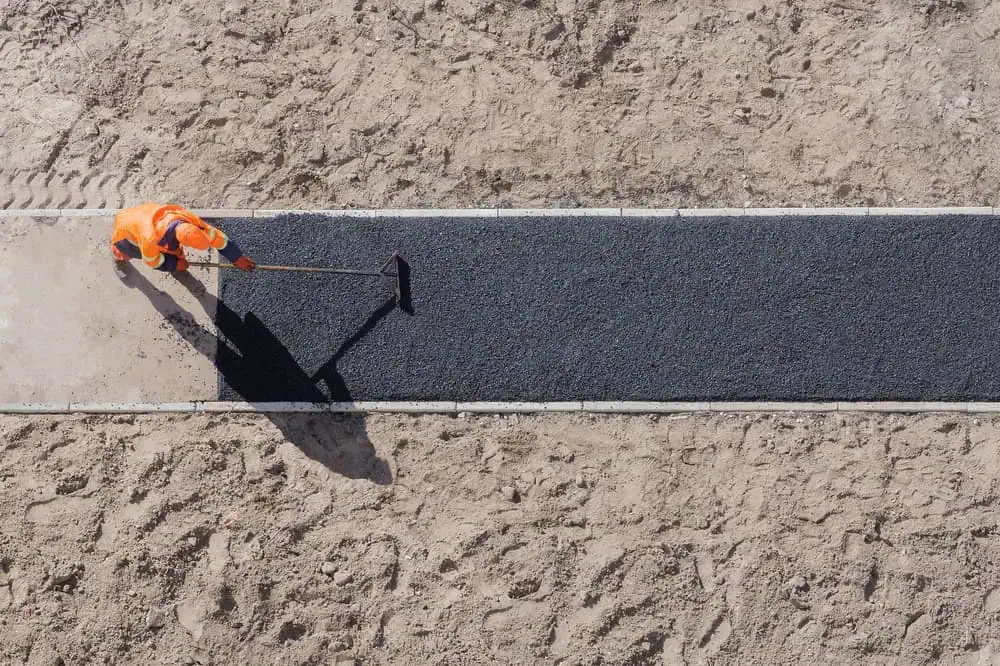Professional paver installation designed for East Boston’s tough weather and your long-term satisfaction.


You get outdoor spaces that work year-round. No more dealing with cracked concrete that looks worse every winter, or asphalt that needs constant patching.
Properly installed pavers handle everything Boston weather throws at them. They drain water instead of pooling it. Individual pavers can be replaced if damaged, so you’re not looking at full surface replacement down the road.
Your property value goes up, maintenance goes down, and you actually enjoy using your outdoor spaces. That’s what happens when paver installation is done right from the start.
Academy Masonry has been handling paver installations in East Boston for years. We understand what works here and what doesn’t.
You’re not getting someone who learned about pavers from YouTube. You’re working with contractors who’ve seen how different base preparations hold up through multiple freeze-thaw cycles, which materials perform best near the harbor, and how to properly grade for drainage in this area.
We’re licensed, insured, and local. When you need service or have questions, we’re still here.

First, we excavate to proper depth and grade for drainage. This isn’t negotiable in East Boston – water has to go somewhere, and it can’t be under your pavers.
Next comes base preparation with compacted gravel and sand leveling. This is where most problems start if it’s done wrong. We use the right materials and proper compaction equipment.
Then we install pavers according to your chosen pattern, checking level and alignment as we go. Finally, we sweep polymeric sand into joints and compact everything one final time. You can walk on it immediately, and it’s ready for furniture within 24 hours.

Ready to get started?
You get complete site preparation, proper base installation, and professional paver laying. We handle permits if needed, and we clean up completely when finished.
Materials include your choice of pavers, base gravel, leveling sand, and polymeric joint sand. We source from local suppliers when possible to keep costs reasonable and ensure quick replacement availability if you ever need it.
Every installation includes our workmanship warranty. If something shifts or settles due to our installation, we fix it. You also get care instructions and our contact information for any questions that come up later.
